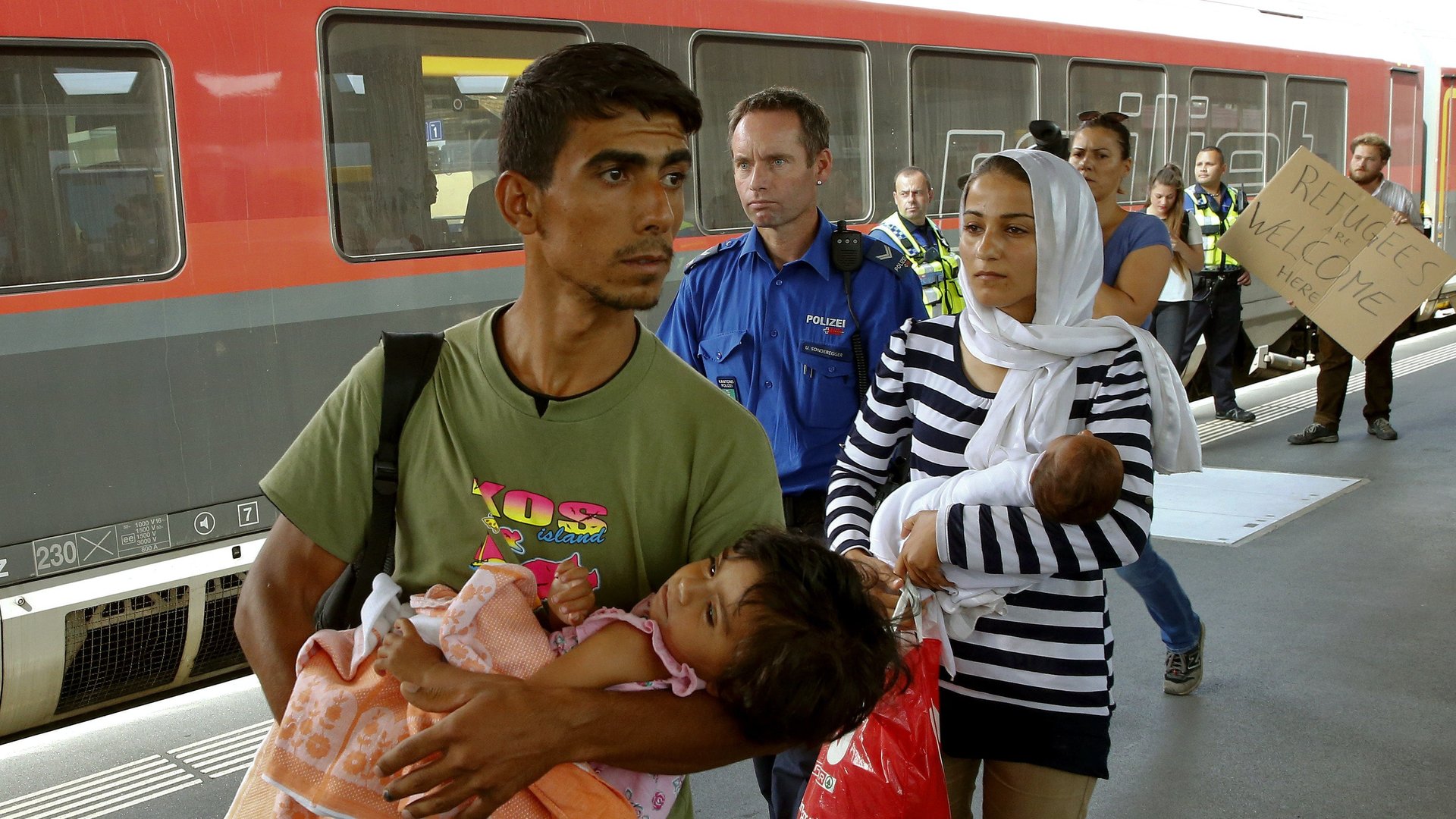While Denmark waits for a proposal to pass, Switzerland is already seizing refugees’ valuables
After Denmark sparked international controversy for proposing a bill that would require refugees to hand over their valuables, it turns out that Switzerland had already introduced the practice, according to local media.


After Denmark sparked international controversy for proposing a bill that would require refugees to hand over their valuables, it turns out that Switzerland had already introduced the practice, according to local media.
Refugees arriving in Switzerland are reportedly required to hand over any assets that are worth over 1,000 Swiss francs ($1,000), to cover the costs of their accommodation.
Swiss TV SRF showed a receipt that one Syrian refugee allegedly got from authorities, which stated that he should give to more than half of his family’s remaining cash to the state. The same requirement was included on an information sheet distributed to arriving refugees.
“If someone leaves voluntarily within seven months, this person can get the money back and take it with them. Otherwise the money covers costs they generate,” a spokeswoman for the state’s immigration agency told SRF.
Refugees who stay in Switzerland are asked to hand over 10% of their wages for up to 10 years.
Last year, the United Nations criticized Switzerland for restrictive refugee policies. Most Syrians arriving in the country only are granted temporary status, a UN representative said in September. Only 35% of Syrians requesting asylum from Switzerland receive it, while in other European states the percentage of asylum requests granted reaches 70% on average.
While Switzerland has quietly been seizing refugee assets, the idea caused a storm in Denmark, evoking comparisons to Nazis robbing Jews during the Holocaust. After criticism from humanitarian organizations, the bill is being amended to exclude seizing items of sentimental value, and raising the amount of valuables that refugees would be allowed to keep. It is expected to pass the vote in parliament later this month. Denmark’s prime minister Lars Lokke Rasmussen said it was the most misunderstood proposal in the country’s history.
“Looking at the debate, you almost get the impression that we are going to turn people upside down to see if we can shake the last coin out of their pockets. That is completely distorted and wrong,” he told Danish media.